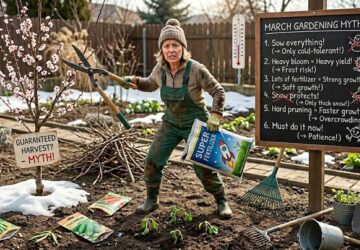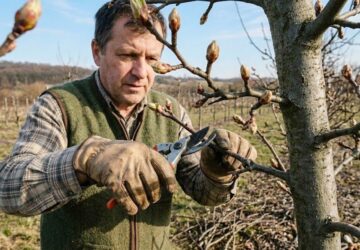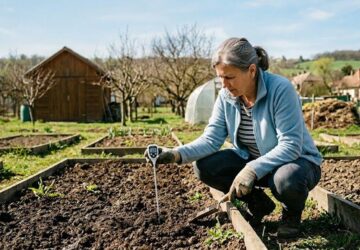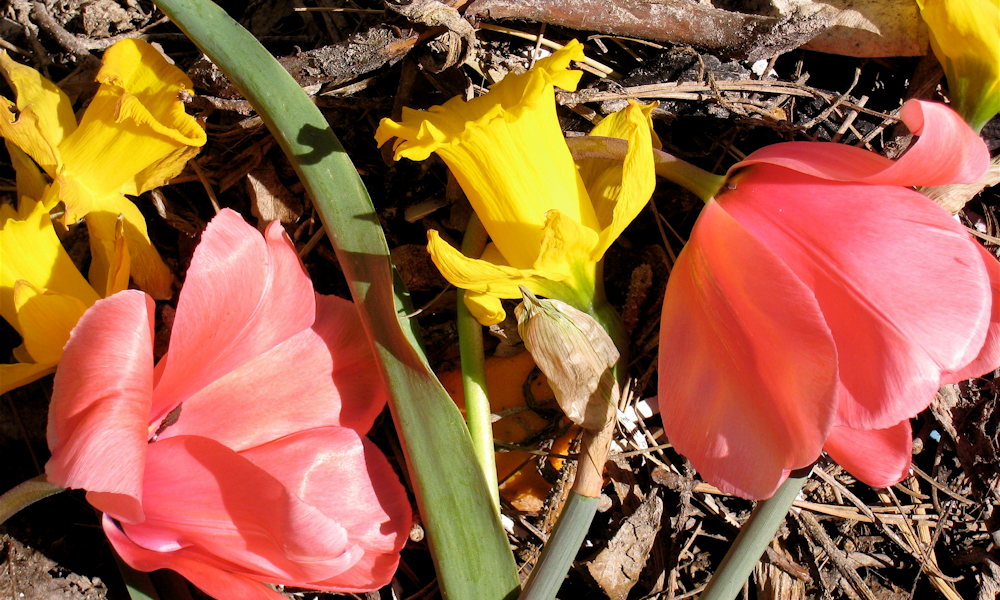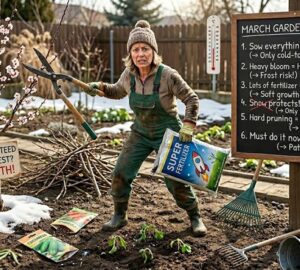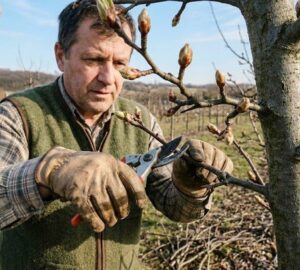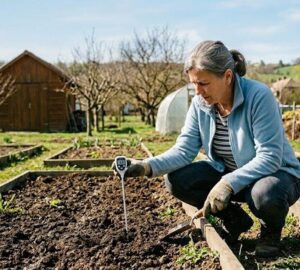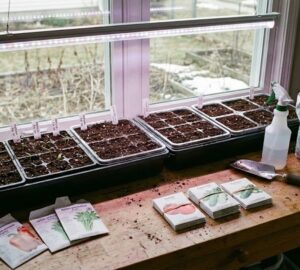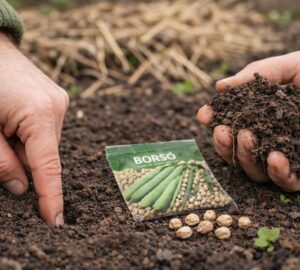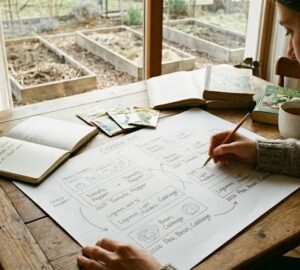Composting is a fantastic way to nourish your garden and reduce the amount of waste you send to landfills. Not only is it eco-friendly, but it’s also beneficial for your plants. However, not everything can go into your compost bin. In this guide, we’ll explore what’s allowed and what’s not, helping you become a composting pro.
Contents
What Can Go in the Compost
- Green Waste and Herbaceous Garden Plants
Your garden clippings and herbaceous plants can find a new life in the compost bin. - Grass Clippings
Dry them a bit to prevent compost rot. For better ventilation, mix them with cut branches and twigs. - Foliage
Those fallen leaves can be a valuable addition to your compost. - Used Potting Soil
Don’t toss it; give it a new purpose in the compost. - Dead or Withered Indoor and Balcony Plants
Instead of throwing them away, let them enrich your compost. - Poisonous Plants
Toxic components break down during decomposition, making them safe for your compost. - Organic Kitchen Waste
Include vegetable and fruit scraps, tea filters, coffee grounds, and even dry bread (in moderation). - Litter and Small Excrement from Herbivorous Animals
Your guinea pig, hamster or rabbit waste can help your compost thrive. - Sawdust
If you have sawdust from woodworking projects, it’s compost-friendly. - Horse Manure
This nutrient-rich manure is a powerful compost booster.
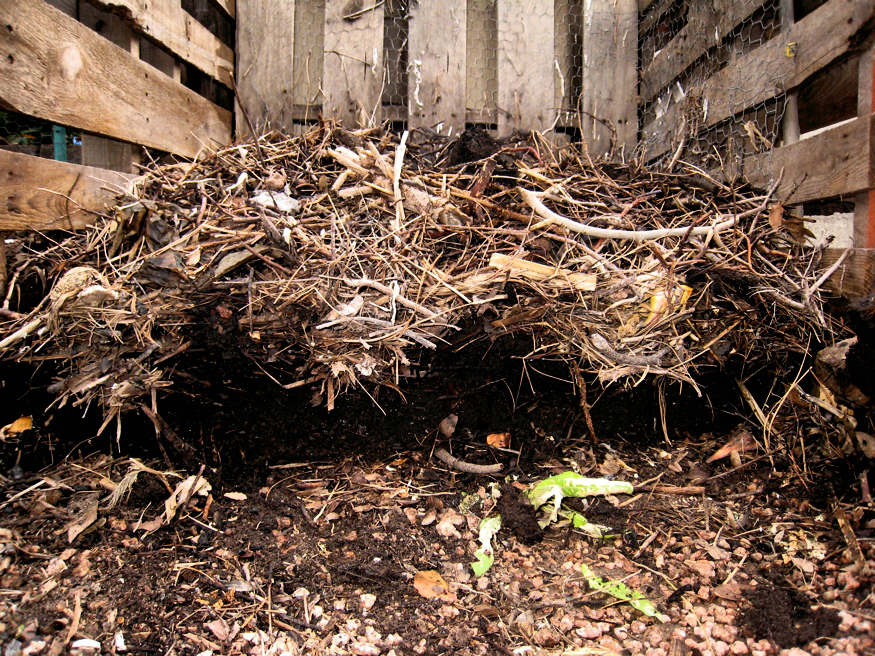
Add These to the Compost in Small Quantities
- Wood Ash
Use only ash from untreated wood and sparingly. - Walnut and Oak Leaves
Be cautious because they contain a growth inhibitor. - Cut Flowers
Unless they’ve been treated with pesticides, these can be composted.
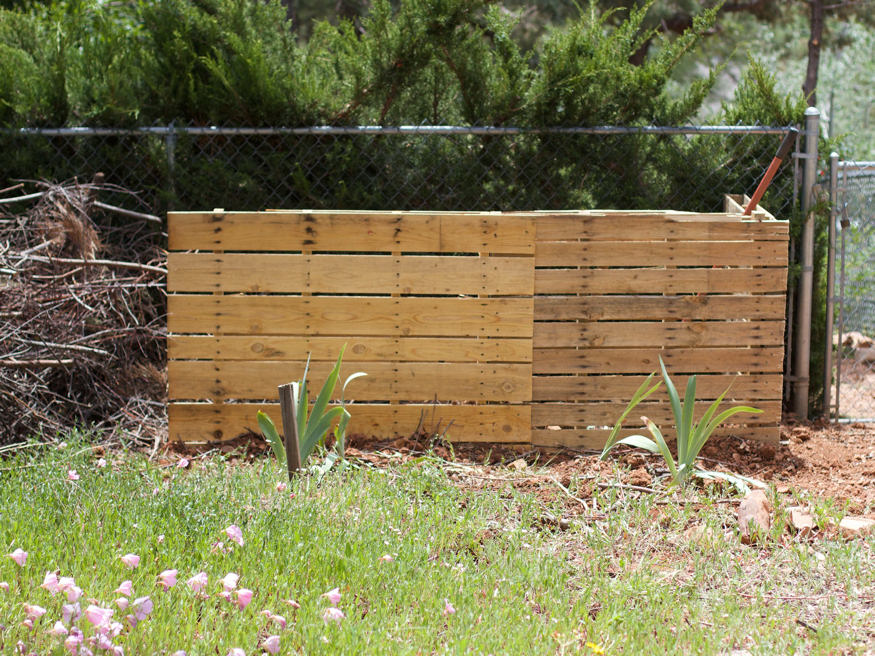
Chop Them Up First
- Wood Waste, Twigs, Branches
Make sure to break them down into smaller pieces for quicker decomposition. - Organic Lemon and Banana Peels
To expedite their composting, chop them into smaller bits. - Plants with Thick, Leathery Leaves
Such as bay cherry, azalea and rhododendron. - Paper and Cardboard
Except for glossy, colored paper or printed materials. - Eggshells
Crush them to help them break down more efficiently.
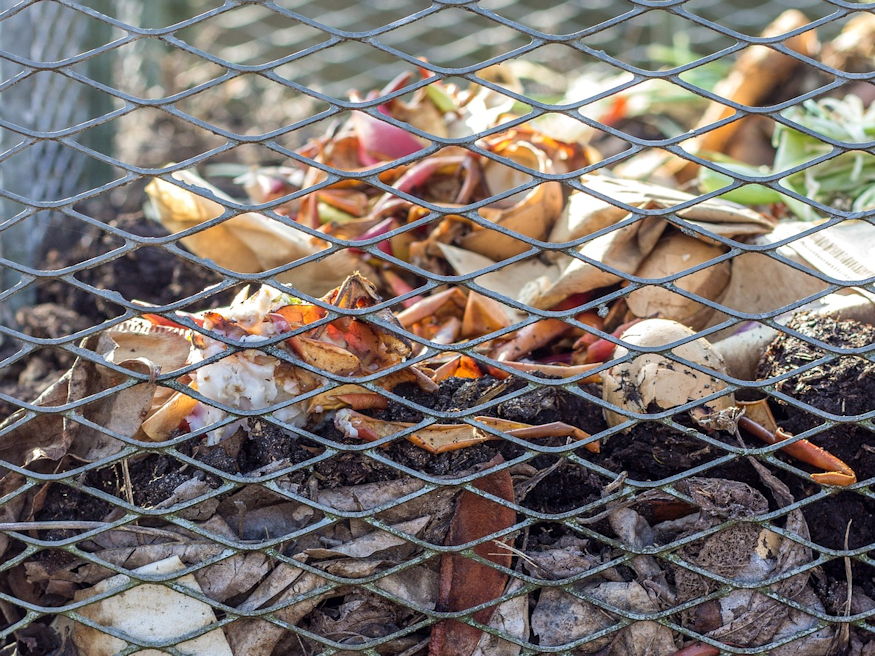
Do Not Include in the Compost
- Inorganic Materials
This includes plastic, metal, stone, clay and the like. - Other Kitchen Waste
Meat, salami, fish, cheese, pasta, rice, etc. should not go into your compost. - Nutshells
They decompose very slowly. - Boiled and Fried Foods
These can disrupt the composting process. - Diseased Plant Parts
Avoid adding them, along with weeds with ripe seeds on them and rooted weeds. - Brown and Black Coal Ash
These ashes are not suitable for composting. - Charcoal Grill Residue
The remnants of your barbecues should stay out of the compost. - Cigarette Butts
These are non-compostable due to their non-organic components. - Fat and Oil
Grease doesn’t belong in your compost. - Cat Litter
Often contains fragrances and should be disposed of separately. - Bird and Dog Droppings
They may contain parasites and should be avoided.
Let Your Garden Thrive
Composting is a remarkable way to reduce waste and enhance the health of your garden. By understanding what belongs in your compost and what doesn’t, you can make a significant positive impact on both your environment and your green spaces. So, get composting and watch your garden thrive!
